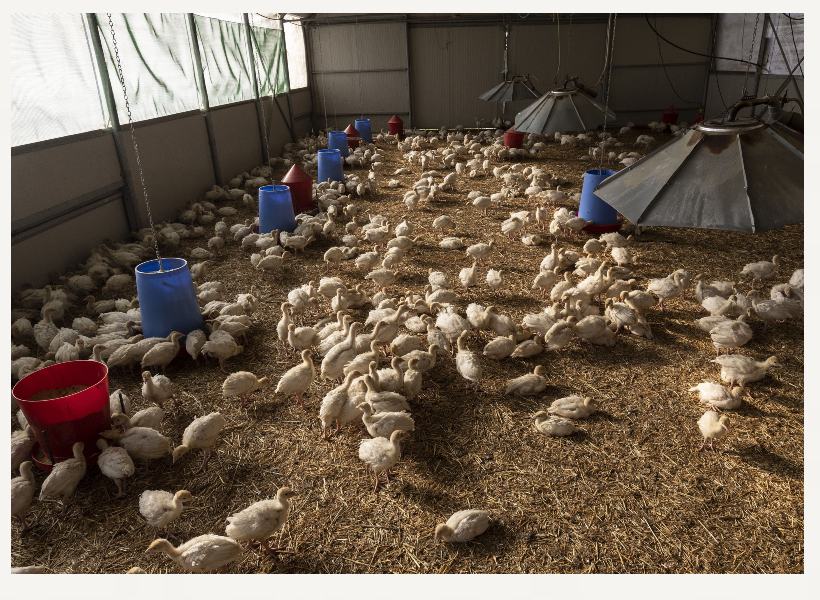The Ministry of Agriculture on Monday defended its handling of Inclusion Body Hepatitis (IBH) in the poultry industry, noting that there is no negligence as claimed by Opposition Member of Parliament, Vinceroy Jordan. The disease, believed to be caused by fowl adenoviruses, primarily affects young broiler chickens and has reportedly mutated into a more virulent strain that poses a serious threat to the poultry sector.
Jordan recently stated that hundreds of farmers are reporting significant losses due to the outbreak which has resulted in high mortality rates among poultry. Some small and medium-sized farms also experienced complete losses according to Jordan who asserted that the Ministry of Agriculture has remained silent on the issue.
However, the Ministry stated since the first detection of IBH at the DIDCO farm in 2005, and its subsequent confirmation in 2006, the disease has not posed a significant threat to Guyana’s poultry industry.
In its statement it detailed the swift response of authorities, including the recruitment of renowned regional poultry pathologists and the development of a national IBH control plan. These efforts, the Ministry claimed, have been pivotal in reducing the incidence of the disease over the years.
The resurgence of IBH in 2015, particularly in the Berbice zone, underscored the persistent threat the disease poses, it said. This resurgence occurred despite containment efforts and was further exacerbated by the COVID-19 pandemic and historic flooding in 2020. These conditions created an ideal environment for the virus to spread, challenging existing vaccination programs.
In response to these renewed challenges, the Ministry has implemented several critical interventions. An investment of $29 million has been dedicated to securing vaccines to combat IBH. The Ministry has also contracted poultry pathologists, virologists, and nutritionists to enhance disease management capabilities.
Key legislation has also been passed to support staff activities and ensure hatchery compliance, strengthening the regulatory framework. Additionally, the ministry said that efforts have been made to isolate and type the virus, providing valuable insights for targeted interventions. In 2021, Guyana developed its first autogenous vaccine, marking a significant milestone in the fight against IBH. Eggs are now sourced from vaccinated flocks to improve chick immunity and reduce disease transmission. Additionally, a $20 million investment has been made to establish a broiler breeder programme, ensuring national self-sufficiency and enhancing poultry immunity.
The Ministry also contrasted its proactive measures with the lack of significant support or intervention from the previous coalition government. According to the Ministry, poultry farmers were left to fend for themselves during that period, with no substantial actions taken to address the challenges posed by IBH. It was only with the return of the PPP/C to office that comprehensive measures were implemented to support the poultry sector.
The Ministry emphasized that, under this government, the poultry sector is currently experiencing its best times. This success is attributed partly to support from the oil and gas sector and extensive research conducted on hepatitis. The Ministry further highlighted that, despite the challenges posed by IBH, its interventions have been effective in mitigating the spread of the disease.
Moreover, while many countries continue to struggle with outbreaks of diseases like Newcastle and Bird Flu, the Guyana government has successfully kept these threats at bay through strategic interventions by the Ministry of Agriculture.
While IBH remains a challenge, the Agriculture Ministry said its comprehensive and proactive approach has significantly mitigated its impact.













